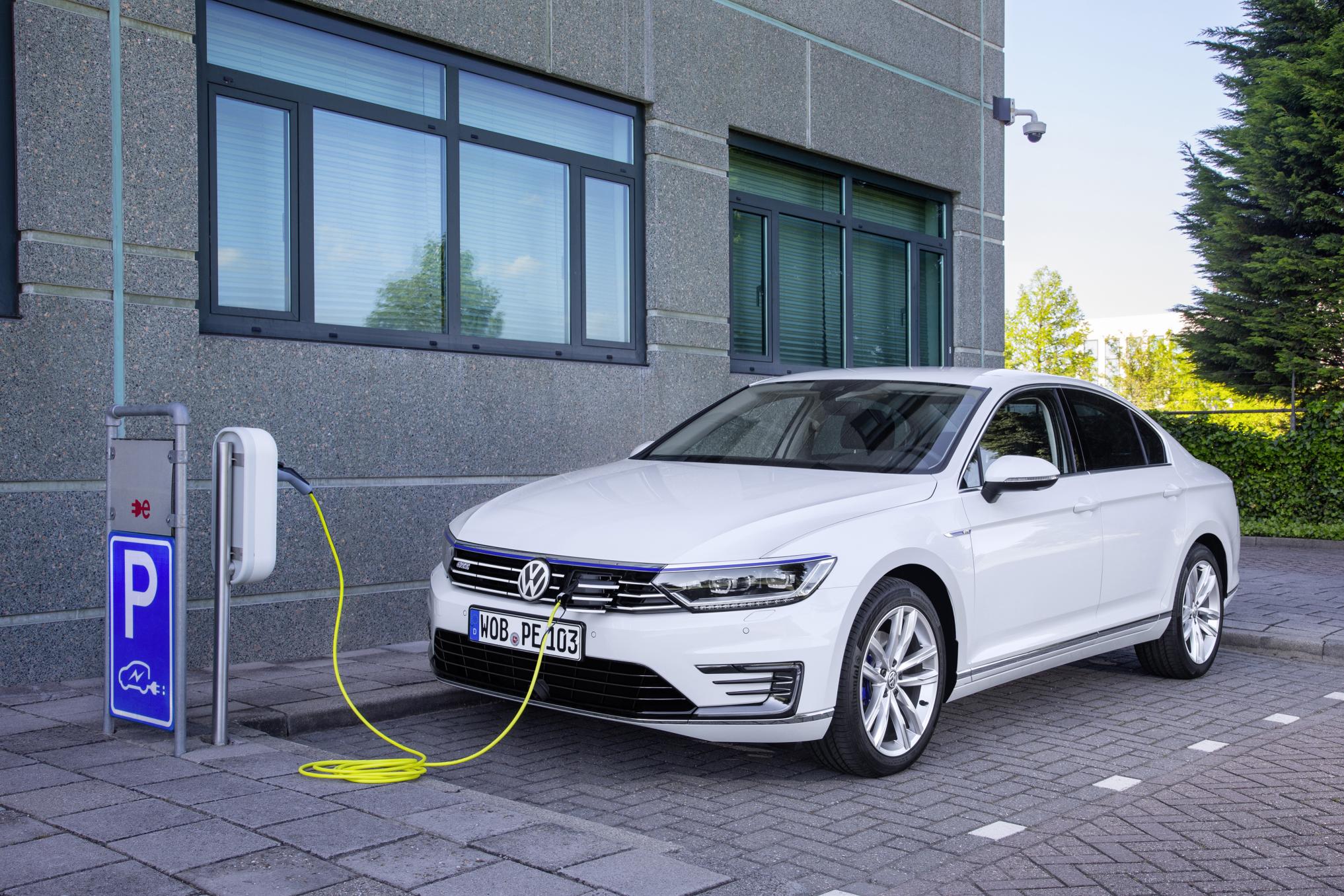
The differences of Hybrid, electric & plug-in hybrid cars
By Motor Match • 21/06/2023
We will be breaking down the differences between hybrid, plug-in hybrid, and electric cars, so you can make an informed decision when it comes to purchasing a new vehicle.
With the push to become more eco-friendly, hybrid and electric cars are becoming more popular than ever. But with so many different terms and options, it can be overwhelming to know which one is right for you. In this post, we will be breaking down the differences between hybrid, plug-in hybrid, and electric cars, so you can make an informed decision when it comes to purchasing a new vehicle.

Hybrid
First up, we have hybrid cars. Hybrid cars are powered by both a petrol/diesel engine and an electric motor. As you drive, the car automatically switches between the two power sources, meaning you get the benefit of both fuel efficiency and performance.
Hybrid cars have smaller batteries than other types of electric cars, so they can’t be plugged in and charged. Instead, the battery is charged using energy that’s usually lost during braking or coasting.
Check out our blog on what to look out for when buying a used hybrid.
Plug-In Hybrid
Next up is plug-in hybrid cars. Like hybrid cars, plug-in hybrids have both an electric motor and a petrol/diesel engine. However, plug-in hybrids have larger batteries than standard hybrids which can be charged by plugging them in.
With a plug-in hybrid, you can use the electric motor for short journeys like to the shops, and switch to petrol/diesel for longer drives. This gives you the flexibility to use electric power when it’s available and petrol/diesel when it’s not.

.jpg)
Electric
Lastly, we have electric cars. Unlike hybrid and plug-in hybrids, electric cars are powered entirely by an electric motor and a battery. Instead of going to a petrol station to fill up, you plug in your car to charge it.
Electric cars have longer driving ranges than plug-in hybrids but can require longer charge times. However, with more public charging points popping up across the country, the idea of owning an electric car is becoming more feasible for everyday drivers.
Which Should You Choose?
It’s worth noting that all three types of cars typically need servicing less than petrol/diesel cars. This is because the electric motor is much simpler than a petrol engine and requires fewer parts. As well as this, hybrid and electric cars have regenerative braking, meaning that when you apply the brakes, the inverter switches the motor to act as a generator, charging the battery.
The type of electric vehicle that’s right for you will depend on your lifestyle and driving habits. Hybrid cars are great for someone who wants to save on fuel and emissions but doesn’t have access to a charging point. Plug-in hybrids are ideal for those who have access to charging points and want to use electric power for shorter journeys. Finally, electric cars are the most eco-friendly option, with zero-emissions and longer driving ranges, but require charging infrastructure to be practical. Whatever your choice, all electric vehicles are a smart investment in the long term as the world gradually moves to a more sustainable future.
You may also like…